IOTA: The Future of Blockchain and Decentralized Technology
The world of blockchain technology continues to evolve, offering innovative solutions to complex challenges. One such groundbreaking technology is IOTA, a decentralized platform designed specifically for the Internet of Things (IoT). Founded in 2015 by Dominik Schlosser, David Søderqvist, Dr. Serguei Popov, and Dr. Johannes Stelzer, IOTA seeks to disrupt traditional blockchain by eliminating fees and enabling near-zero transaction costs while ensuring scalability and decentralization.
A Revolution in Blockchain
IOTA's unique approach differs greatly from conventional blockchain platforms. Traditional blockchain systems like Bitcoin and Ethereum use proof-of-work (PoW) or proof-of-stake (PoS) protocols to validate transactions. These mechanisms ensure security but come at the cost of significant energy consumption and high transaction fees. Unlike these platforms, IOTA utilizes a revolutionary technology called Tangle, which fundamentally changes how blocks are validated and stored.
The Tangle Technology
The heart of IOTA is its Tangle technology, which operates without miners or transaction fees. Instead of blocks, transactions form a directed acyclic graph (DAG), where each new transaction confirms two previous transactions. This process is known as “double-spending,” and it forms a chain of connected transactions without the need for traditional blockchain structures.
This approach significantly reduces the computational load and eliminates the need for miners, making IOTA highly scalable and capable of processing a vast number of transactions per second. Moreover, the absence of transaction fees can enable micropayments and other cost-sensitive applications within IoT networks.
Advantages of Tangle
One of the primary benefits of Tangle is its ability to achieve true decentralization. Each user acts as both a participant and a validator, creating a self-regulating network immune to centralized attacks. Additionally, IOTA’s lightweight nodes can operate on minimal hardware, making it accessible even to low-power devices pervasive in IoT ecosystems.
IOTA also excels in terms of speed. Transactions confirm almost instantly, bypassing the slow blockchain confirmation times that have been a bottleneck in mainstream cryptocurrencies. Furthermore, the protocol is designed to support smart contracts and decentralized applications (dApps), expanding its potential use cases far beyond simple value transfers.
Applications and Industries
The potential applications of IOTA span various industries, from finance and supply chain management to automotive and smart city infrastructure. Here are some key areas where IOTA could make a significant impact:
Financial Services
IOTA can revolutionize the financial services industry by facilitating more secure and efficient cross-border payments. Its zero-fee transactions can enable instant micropayments, reducing costs and enhancing the accessibility of financial services for the unbanked population.
Supply Chain Management
By providing transparent and immutable records, IOTA can enhance traceability and authenticity in supply chains. Companies can use IOTA to track goods through every stage of production, ensuring that products are genuine and ethically sourced. This transparency can help combat counterfeiting and enhance consumer trust.
Smart Cities
With the proliferation of IoT devices, smart cities can harness IOTA’s capabilities to optimize resource utilization and improve citizen services. From traffic management to environmental monitoring, IOTA can enable real-time data exchanges and automated responses, making urban environments more sustainable and efficient.
Automotive Industry
In the automotive sector, IOTA can facilitate vehicle-to-vehicle (V2V) communication and improve safety, congestion management, and overall efficiency. Additionally, it can support autonomous driving technologies by enabling fast, secure, and cost-effective communication between vehicles and infrastructure.
Challenges and Future Prospects
Despite its promising features, IOTA faces several challenges that must be addressed to achieve widespread adoption. One significant concern is the scalability issue related to the Tangle DAG structure. While IOTA claims it can handle millions of transactions per second, the practical implementation remains to be fully validated.
Another challenge is the need for interoperability with existing blockchain systems. To become a dominant player in the decentralized ecosystem, IOTA must find ways to integrate seamlessly with other blockchain technologies and standards. Cross-chain interoperability solutions may hold the key to unlocking the full potential of IOTA within a broader ecosystem.
Potential Solutions
To overcome these challenges, IOTA developers have initiated several initiatives aimed at improving performance and scalability. The Tangle 2.0 project aims to enhance transaction throughput and reliability by optimizing the underlying DAG structure. Additionally, partnerships with major organizations and research institutions can provide valuable insights and resources to drive innovation.
In conclusion, IOTA represents a fascinating development in the realm of decentralized technology. By addressing key limitations and leveraging its unique features, IOTA has the potential to transform industries ranging from finance to smart cities. As the technology matures and overcomes current hurdles, its impact on global innovation and connectivity is likely to be profound.
Community and Adoption
The success of any blockchain technology hinges not just on its technical merits but also on its community and adoption. IOTA has fostered a vibrant and active developer community that contributes to its growth and improvement. Through initiatives like the IOTA Foundation, the project engages with stakeholders across multiple sectors, promoting education and collaboration.
The foundation plays a crucial role in supporting research, development, and community engagement. It provides grants and sponsorships to projects that align with IOTA’s vision, helping to fund innovations and applications within the IOTA ecosystem. Additionally, the foundation organizes hackathons, meetups, and conferences that bring together developers, enthusiasts, and industry experts to share ideas and best practices.
IOTA’s community-driven approach fosters a spirit of openness and collaboration. This culture has led to the formation of numerous open-source libraries, tools, and dApps that leverage IOTA technology. These contributions not only enhance the functionality of IOTA but also accelerate its adoption by providing tangible examples and solutions for real-world problems.
Partnerships and Collaboration
Strategic partnerships are essential for IOTA’s expansion into new markets and industries. To date, the project has established collaborations with leading companies and institutions, demonstrating its versatility and potential. For instance, IOTA has partnered with car manufacturers like BMW and Volkswagen to develop advanced车联网应用。此外,IOTA还与多家知名公司合作,包括宝马(BMW)和大众(Volkswagen),以开发先进的车联网应用。
In the automotive sector, IOTA is working on integrating its technology into vehicle-to-vehicle (V2V) and vehicle-to-infrastructure (V2I) communications. This can enhance the safety, efficiency, and connectivity of modern automobiles. By leveraging IOTA’s zero-fee transactions and high-speed confirmations, automakers aim to create more resilient and responsive transportation networks.
Furthermore, IOTA’s partnerships extend to the financial industry. Major banks and financial institutions have been exploring the use of IOTA for cross-border payments, micropayments, and fraud detection. The absence of transaction fees and the ability to process near-instantaneous transactions make IOTA an attractive option for these applications. Collaborations with financial players not only validate IOTA’s technical capabilities but also expand its reach into sectors with stringent regulatory requirements.
Regulatory Environment
The regulatory landscape is critical for any technology that seeks to enter the mainstream market. IOTA has faced scrutiny from governments and regulatory bodies, particularly concerning privacy and security concerns. In response, the IOTA Foundation and its developers have actively engaged with regulators to address these issues and ensure compliance.
The project has implemented robust security measures to protect users’ data and maintain the integrity of its network. Transparent audit processes and regular updates to its whitepapers and documentation provide stakeholders with detailed information about IOTA’s protocols and architecture. As regulatory frameworks evolve, IOTA continues to adapt its technology to meet regulatory standards while preserving its core principles.
Towards a Safer and More Secure Future
The quest for a safer and more secure future is a shared goal among many blockchain projects, including IOTA. The project recognizes that trust is paramount in deploying decentralized technologies on a large scale. To this end, IOTA has made significant strides in enhancing cybersecurity and user protection.
One key aspect of IOTA’s commitment to security is the implementation of advanced cryptographic algorithms. While traditional blockchain systems rely on public-key cryptography for security, IOTA employs more sophisticated techniques to prevent common attacks such as double spending and Sybil attacks. The Tangle’s double-spending mechanism, combined with its DAG structure, provides inherent resistance against adversarial behaviors.
IOTA also emphasizes the importance of node management and security. Users are encouraged to run lightweight nodes, which consume less power and resources compared to full nodes. By distributing the validation burden across numerous participants, the network becomes more resilient to attacks and ensures consistent decentralization.
Conclusion
In summary, IOTA stands at the forefront of blockchain innovation, offering a transformative solution with the potential to reshape various industries. While it faces challenges such as scalability and regulatory acceptance, IOTA’s community-driven approach, strategic partnerships, and focus on security and usability position it well for future success.
As the technology continues to evolve, IOTA is poised to play a pivotal role in shaping the future of decentralized technology. Whether it’s through advancements in vehicular communications, financial services, or smart city infrastructure, IOTA’s commitment to a decentralized, feeless, and secure future makes it an exciting subject for continued exploration and investment.
Conclusion and Future Outlook
As IOTA continues to evolve, its potential for disruptive change in various sectors remains strong. However, to fully realize its vision, the project must address several ongoing challenges. Scalability, interoperability, community engagement, and regulatory compliance are areas that require continuous attention and innovation.
Scalability: While the Tangle technology offers significant advantages in terms of transaction throughput and cost-efficiency, the real-world performance of the Tangle under heavy loads remains a topic of interest. Ongoing efforts, such as Tangle 2.0, are aimed at addressing these limitations and enhancing the network’s capacity to handle a growing number of transactions seamlessly. The success of these initiatives will determine whether IOTA can truly scale to meet the demands of large-scale applications.
Interoperability: Achieving seamless integration with existing blockchain platforms is crucial for IOTA’s long-term success. As more players enter the decentralized technology space, the ability to interoperate with other protocols (such as Ethereum, Bitcoin, and Stellar) becomes increasingly important. Interoperability efforts not only broaden the applicability of IOTA technology but also enable a more cohesive and interconnected decentralized ecosystem.
Community Engagement: Building a strong and engaged community is vital for the sustained growth of any technology project. IOTA’s foundation and developer communities continue to play a critical role in driving innovation and adoption. Encouraging contributions from developers, fostering open-source collaboration, and promoting educational resources are essential steps in maintaining community momentum. Engaging with emerging technologies and supporting young talents can help ensure that IOTA remains at the cutting edge of decentralized technology advancements.
Regulatory Compliance: Navigating the complex and evolving regulatory landscape is a continuous challenge. As IOTA expands its footprint into regulated industries such as finance and automotive, compliance with local and international regulations becomes increasingly important. Proactively engaging with regulatory bodies, participating in standards-setting processes, and adopting best practices in governance and transparency are key strategies for ensuring sustainable growth and acceptance.
Ethical Considerations and Sustainable Growth
IOTA’s success is not just about technological innovation; it also hinges on ethical considerations and sustainable growth. Ensuring that the technology promotes fairness, inclusiveness, and privacy is fundamental to its long-term viability. Here are a few key considerations:
Fairness and Inclusiveness: One of the hallmark features of decentralized technology is its potential to democratize access to financial and other resources. IOTA should strive to ensure that its technology benefits a wide range of users, including those in underserved populations. Initiatives to promote financial inclusion, especially in developing countries, can help realize this potential.
Privacy and Data Protection: As IOTA integrates more deeply into our digital lives, maintaining user privacy and data protection becomes increasingly important. Implementing strong encryption and anonymization techniques can help safeguard user information. Transparency about data handling practices and user consent policies can also build trust and ensure that users feel secure in their interactions with the network.
Sustainability: The environmental impact of blockchain technologies, particularly those that rely heavily on Proof of Work (PoW), is a growing concern. IOTA’s zero-transaction fee model and energy-efficient Tangle design provide a significant advantage in this regard. Encouraging further research into sustainable and eco-friendly approaches to blockchain technology can help minimize the ecological footprint of decentralized networks.
Call to Action
The journey of IOTA reflects the broader narrative of blockchain technology—a path filled with possibilities and challenges. For those interested in contributing to or participating in this transformative technology, there are several ways to get involved:
Get Involved: Join the IOTA community by attending webinars, meetups, or hackathons. Engage with the developer community on GitHub, participate in forums, and contribute to open-source projects. The more individuals and organizations contribute, the stronger and more resilient the IOTA ecosystem will become.
Explore Applications: Explore the diverse range of applications enabled by IOTA. From financial services and supply chain management to smart cities and automotive innovation, there are countless ways to leverage IOTA’s technology for real-world benefits. Whether you’re a developer, researcher, or entrepreneur, there’s always a place for you in the IOTA ecosystem.
Support Research: Support academic and industrial research into blockchain and decentralized technologies. Engage with research institutions, sponsors, and funding agencies to advance the state-of-the-art in IOTA and blockchain technology.
A Final Word
As we conclude this exploration of IOTA, it is clear that this technology holds immense promise for transforming the world. From streamlining transactions to driving innovation in various industries, IOTA is setting new benchmarks for decentralized technology. With ongoing efforts in scaling, interoperability, and community engagement, IOTA is well-positioned to continue evolving and disrupting the status quo.
Whether you are already involved in the IOTA community or are curious about the future of blockchain technology, there is much to discover and contribute. Together, we can continue to push the boundaries of what is possible and create a more secure, connected, and sustainable future.
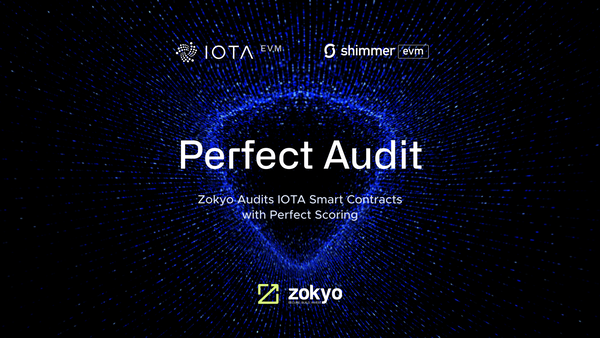
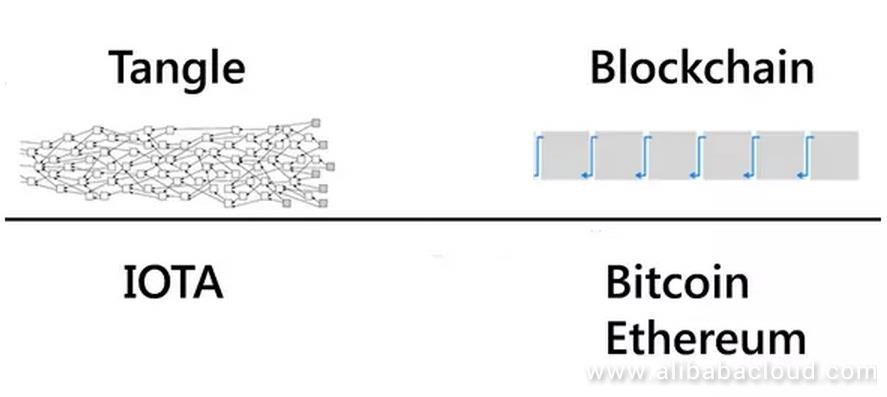
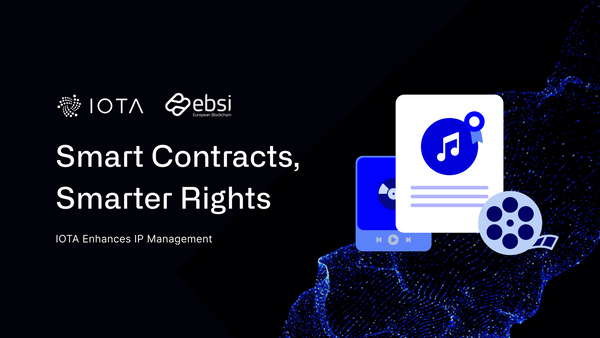

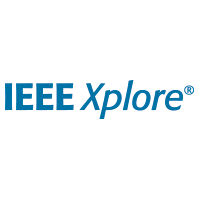
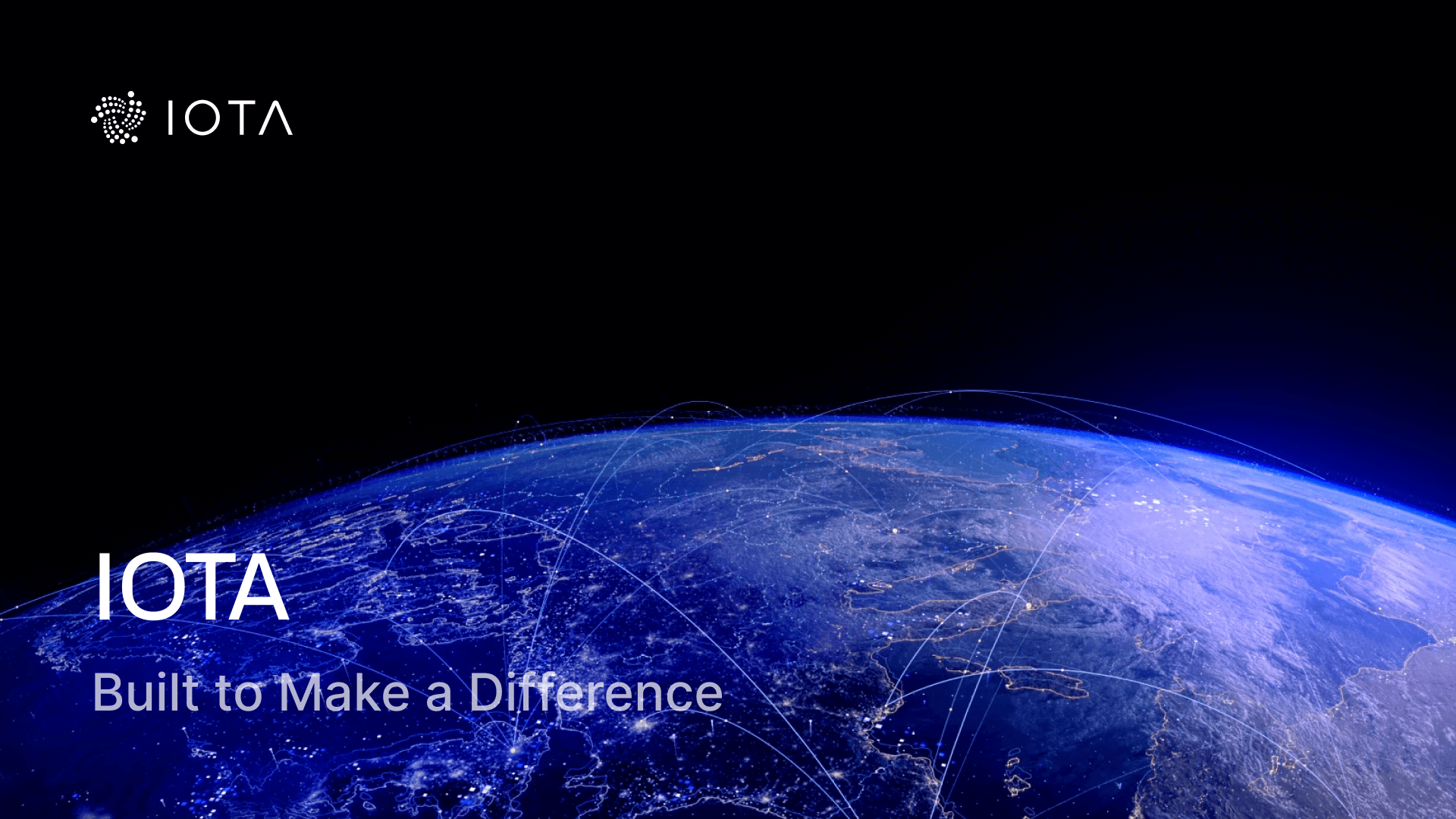





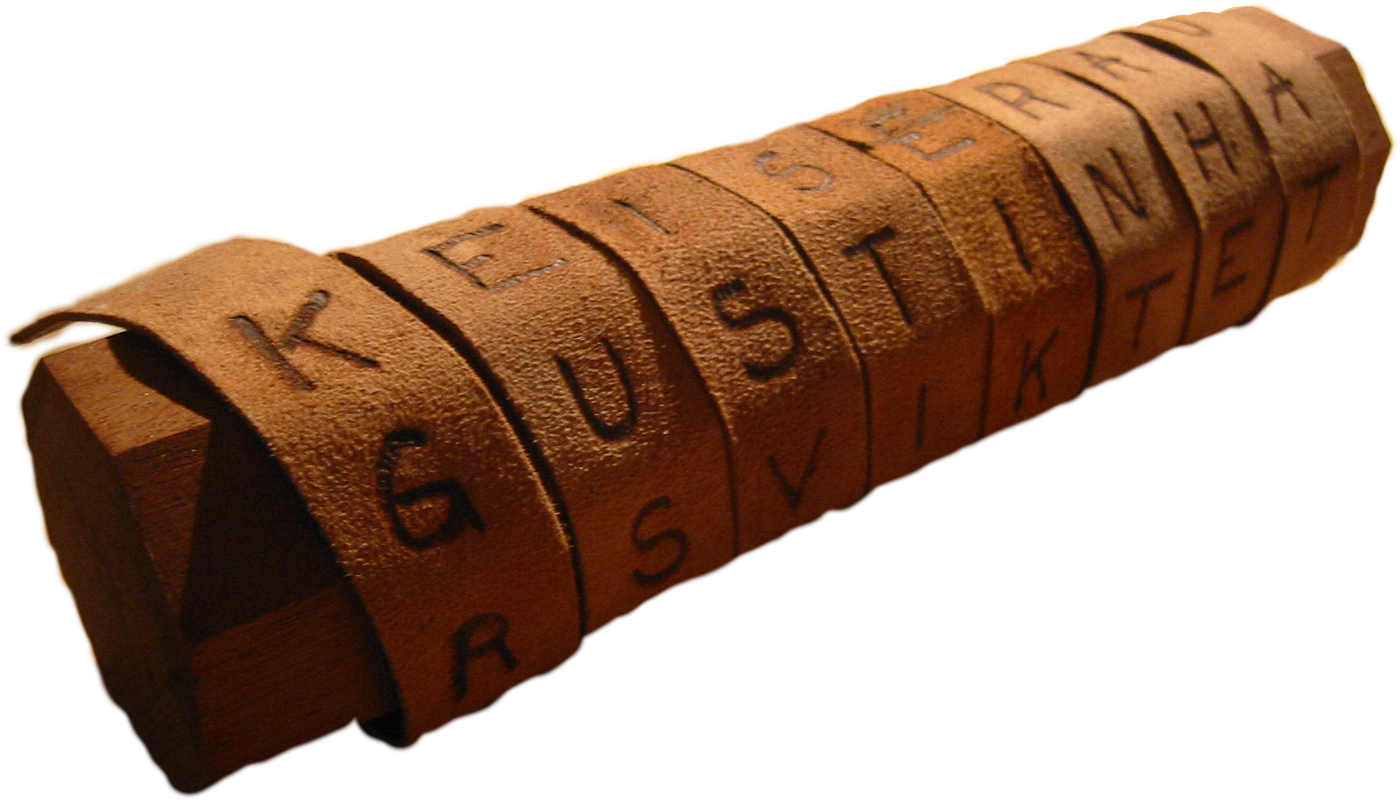

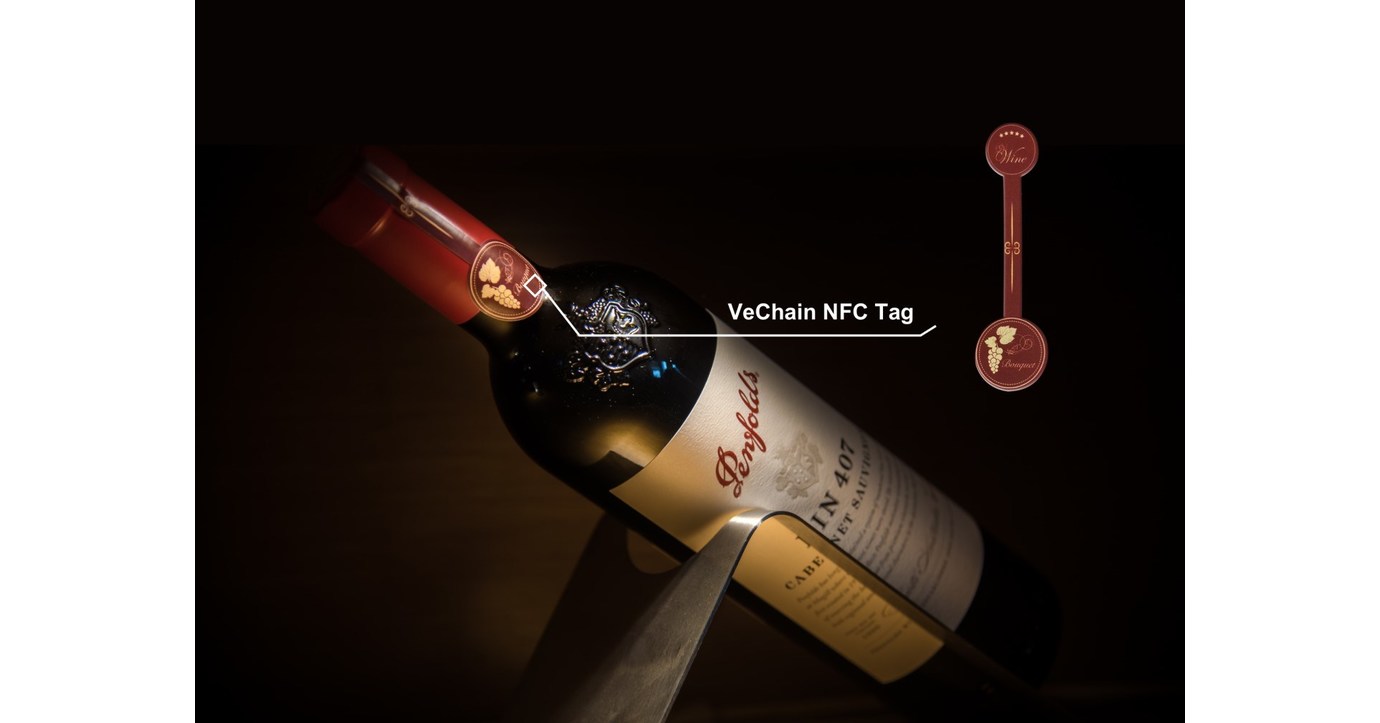

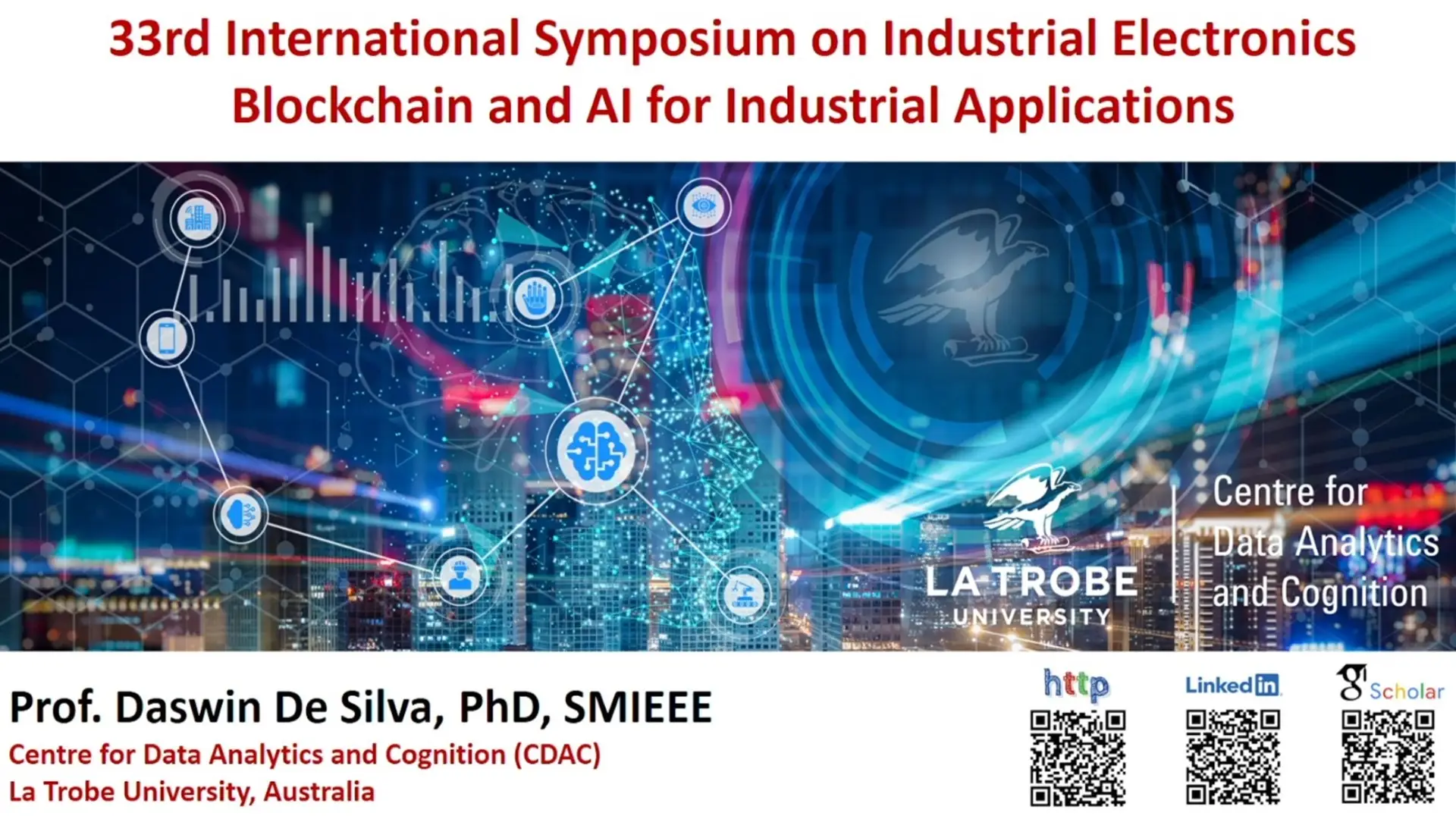





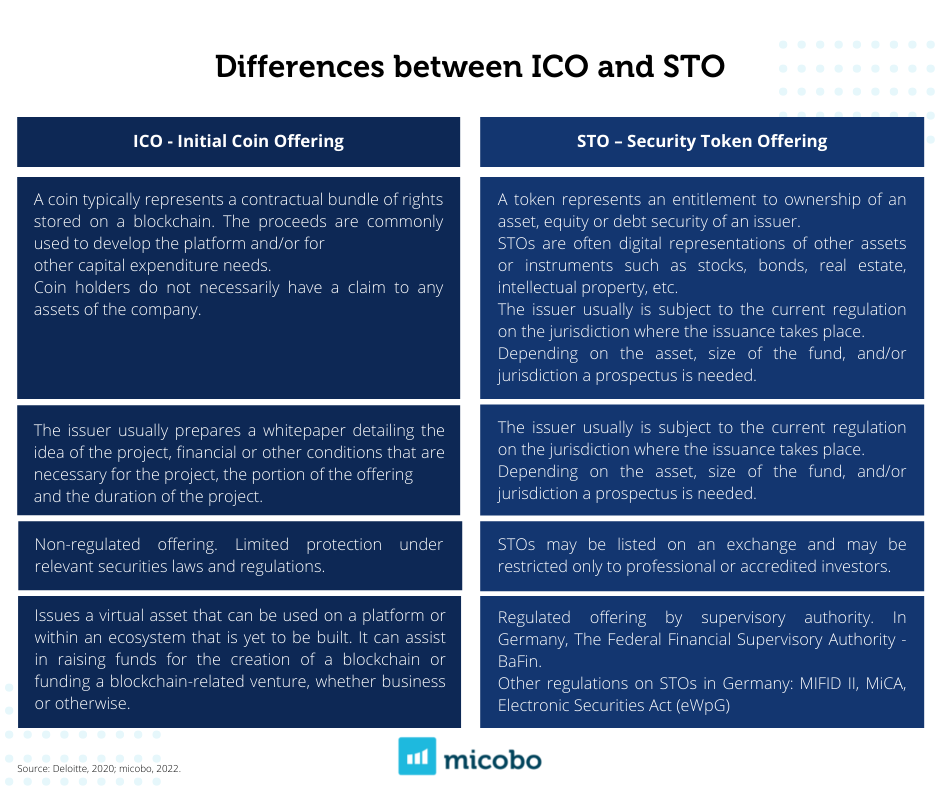
Comments